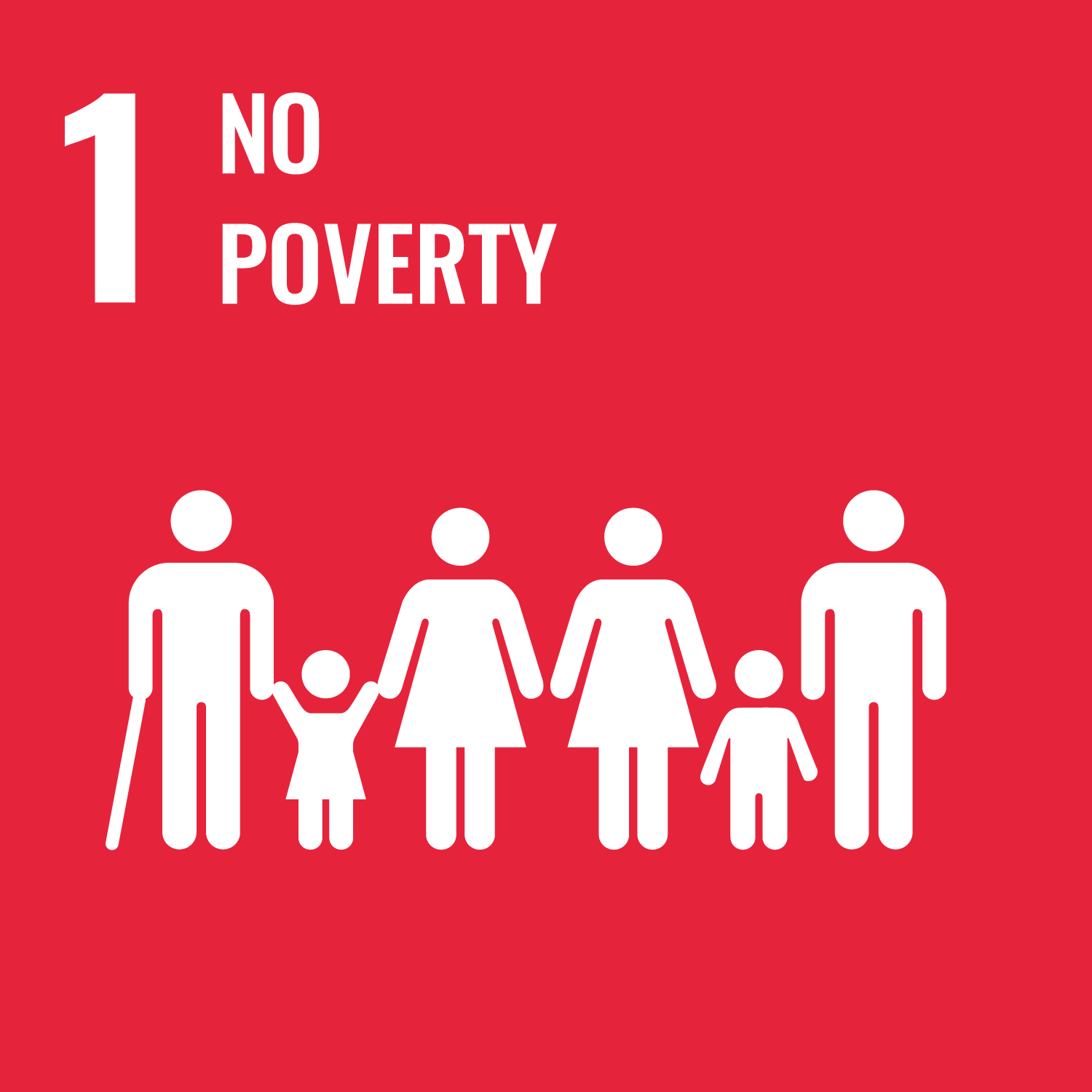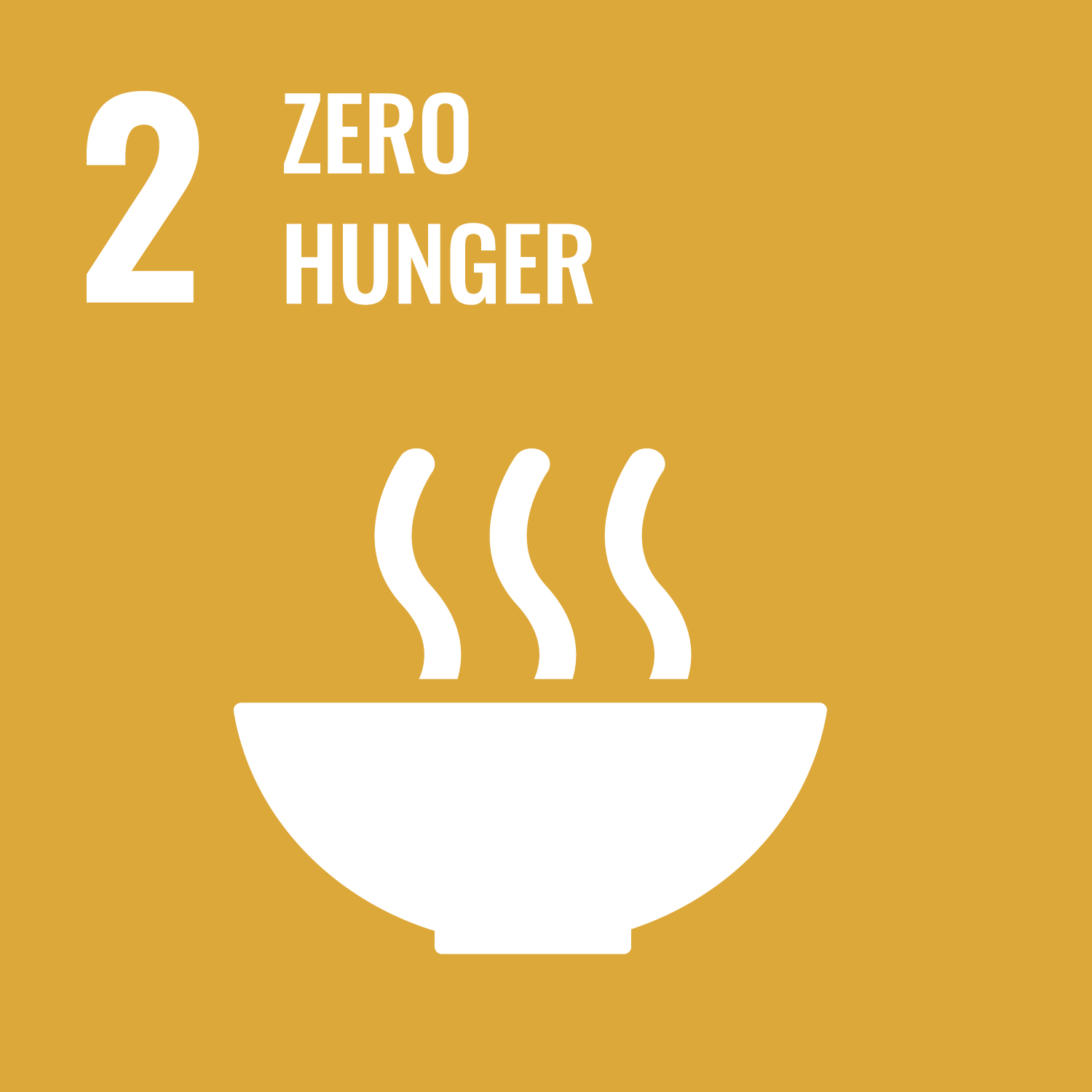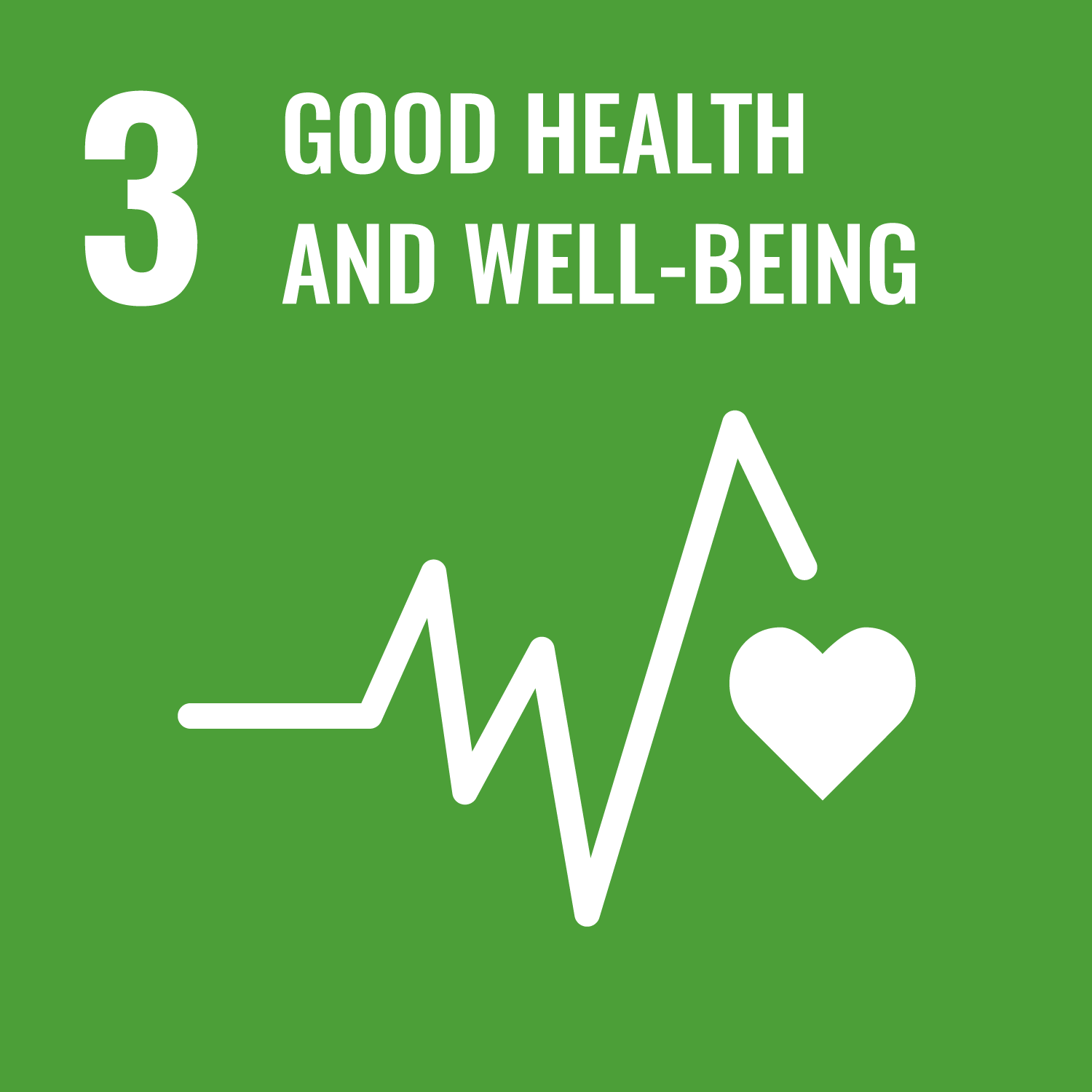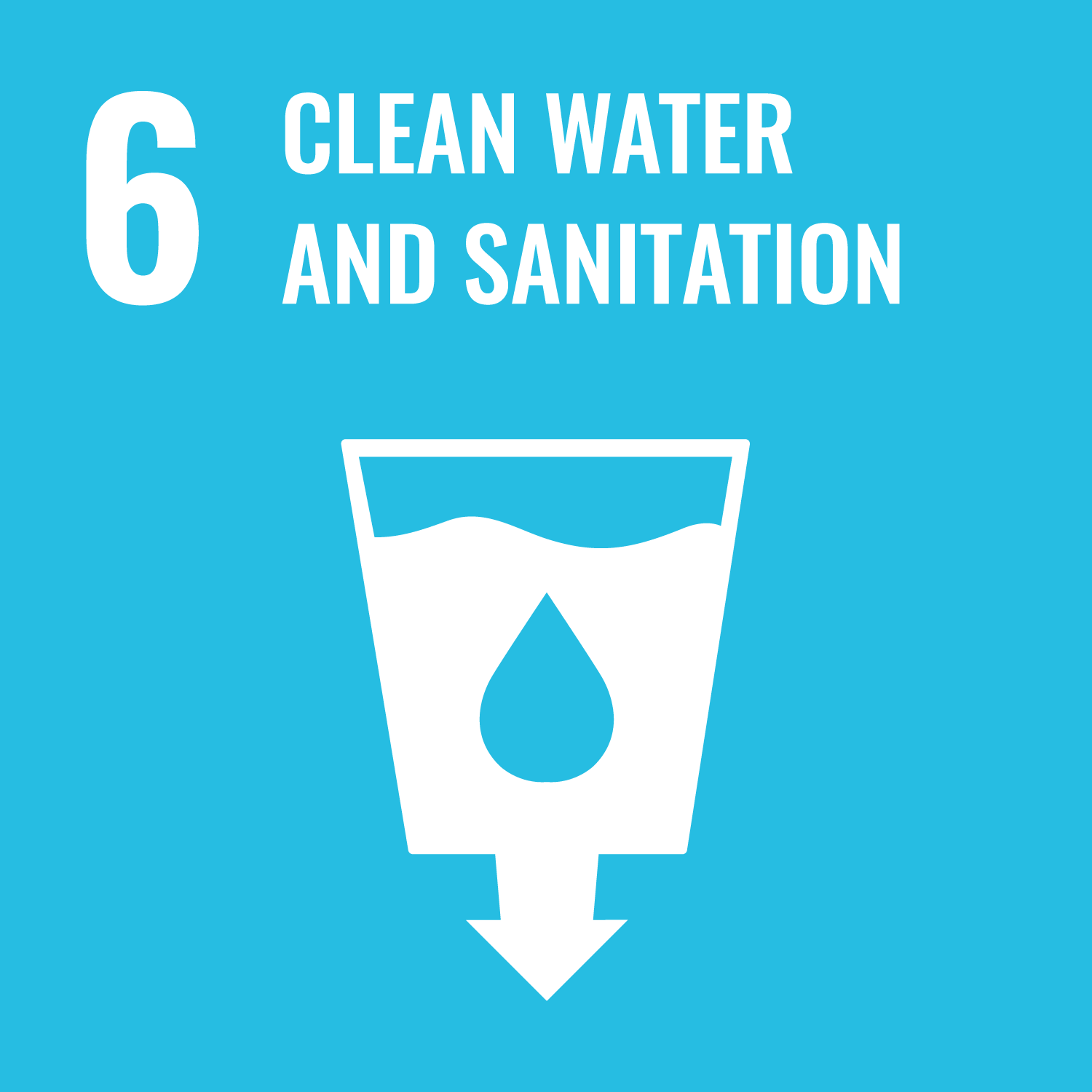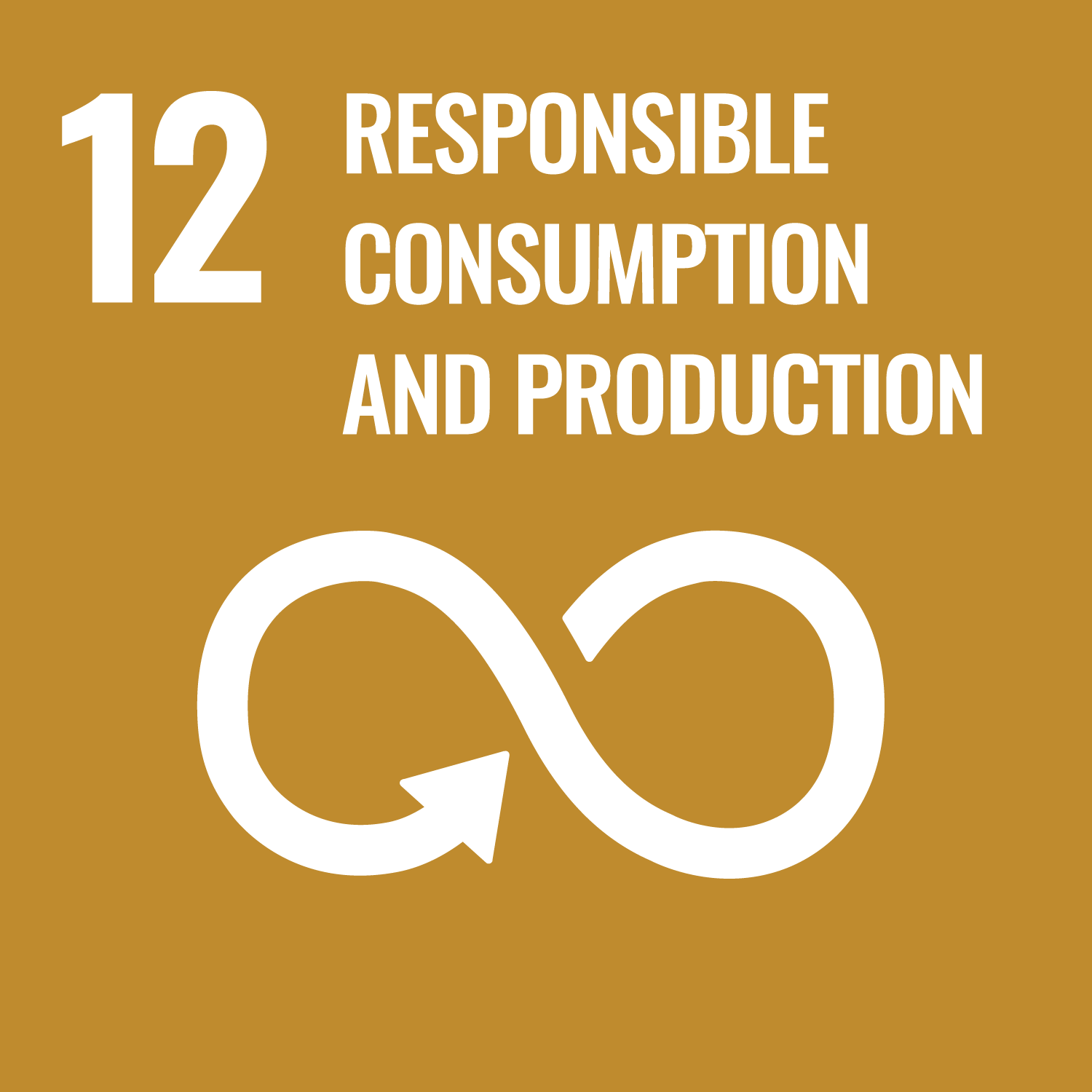International Agricultural Research
OBJECTIVES
Innovations of agricultural research
- provide smallholder farmers with a better income and healthy diet
conserve natural resources and supports climate change adaptation
DESCRIPTION
The “Fund for International Agricultural Research” supports the international agricultural research centers of the global research partnership for a food secure future (CGIAR), as well as the institutes icipe and WorldVeg, in developing sustainable agricultural solutions for crops, aquaculture and livestock and bringing them into widespread use by farmers.
Focus:
- Promotion of excellent research
- Between 2016 and 2020, 59 bilateral projects received research grants from FIA. 8 of these will continue until completion in 2025. Through these grants, we ensure scientific quality, development orientation, gender equality and the potential for broad applicability.
- From the end of 2021, we will support the implementation of large-scale “One CGIAR” research initiatives through pooled funding, in parallel to project funding. FIA is participating in relevant committees in this effort. The initiatives belong to the three action areas of Systems Transformation, Resilient Agro-Food Systems and Genetic Innovation.
- Capacity development through integrated experts
- We are strengthening the capacity of international research teams on achieving broader impact (scaling). Together with the Centre for International Migration and Development (CIM), the project facilitates the placement of European experts in the research centres. Through the Taskforce on Scaling team, FIA is currently supporting the deployment of 9 European experts in different research centers to develop and implement scaling strategies.
- Advisory services and policy agenda-setting-
- The project supports the German Federal Ministry for Economic Cooperation and Development (BMZ) in shaping Germany’s contributions to international agricultural research and adopting a position in respect to current developments. FIA is also a member of the European Initiative for Agricultural Research for Development (EIARD).
APPROACH/FIELD OF INTERVENTION
- Systems Transformation
- Cultivating more nutritious crop varieties that produce a higher yield and are also resistant to extreme environmental conditions
- Developing adapted technologies and farming methods that conserve soil, water and biodiversity
- Preserving agrobiodiversity in 12 seed and gene banks
- Sharing research results in practice
TARGETED BENEFICIARIES
Smallholder farmers in developing countries
HIGHLIGHT ACTIVITIES
FIA does not implement activities directly
SUCCESS STORIES
The International Maize and Wheat Improvement Center (CIMMYT) developed a new heat-resistant wheat variety that allows earlier sowing (in October instead of November). The use of the new wheat variety resulted in higher average yields (~0.8 t/ha) compared to conventional farming methods and the increased income by about 200 USD/ha. The new wheat variety is already grown by 300,000 farmers on about 1 million hectares of land in northwest India.
The International Rice Research Institute (IRRI) developed heat-tolerant rice varieties (MAGICheat) for smallholder farmers in Bangladesh and Myanmar. Compared to previously widely grown rice varieties, MAGICheat provided a yield advantage of at least 1.5 tons per hectare due to its resistance to high night temperatures.
COUNTRY
Germany
DURATION
2019 - 2025
Commission Agency
BMZ
SDG
